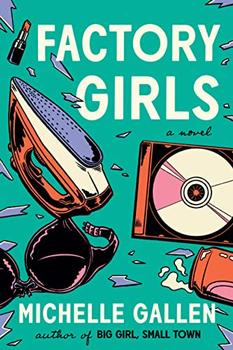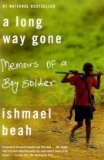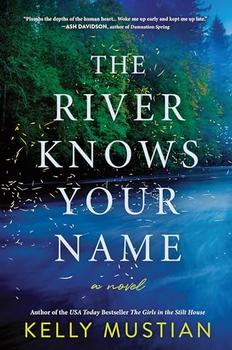Summary | Excerpt | Reviews | Beyond the book | Read-Alikes | Genres & Themes | Author Bio

An affecting and well-researched depiction of the political and social strife of Northern Ireland in the winter of 1979.
November 1979, the height of Northern Ireland’s Troubles. Kathleen Moran’s son Sean has just been transferred to the hypersecure H-block in Belfast’s notorious Maze prison, where he soon emerges as a young but important force in the extreme protest, known as the Blanket, that political prisoners are staging there. John Dunn is also newly arrived at the prison, having taken on the job of guard—a brutal but effective way to support a house and a girlfriend, the domestic dream.
In the weeks leading up to Christmas, no one’s dreams go untroubled. As rumors of a hunger strike begin to circulate, Louise Dean’s pitch-perfect novel places two parents, two sons, and two enemies on a collision course that ends in a surprising and deeply resonant climax.
Set against the real-life events of the period, the two primary story-lines never fully meet; instead they contrast each other, grimly showing the futility of the many wasted lives and the day-to-day realities of life for the everyday people on the front line, entrenched in their opinions but far removed from the political decision making process...continued
Full Review
(985 words)
This review is available to non-members for a limited time. For full access,
become a member today.
(Reviewed by BookBrowse Review Team).
English involvement in Ireland began around 1170 when Dermot Mac Murchada, King of Leinster (one of 4 Irish provinces) asked for Henry II's help to return him to the throne from which he'd been ousted (for more about Henry II, read A Plantagenet Primer). Henry (great-grandson of William the Conqueror of Normandy) invaded but in the ensuing battle Dermot died and Henry named himself Lord of Ireland.
Over the next couple of centuries English expansion was consolidated, with many of the Norman lords marrying with locals and thus, over the generations becoming indistinguishable from the Irish. However, during the 15th century, the English were driven out until they retained only a small area of land around Dublin, known as "the Pale" (hence ...
This "beyond the book" feature is available to non-members for a limited time. Join today for full access.

If you liked This Human Season, try these:

by Michelle Gallen
Published 2022
A funny, fierce, and unforgettable read about a young woman working a summer job in a shirt factory in Northern Ireland, while tensions rise both inside and outside the factory walls.

by Ishmael Beah
Published 2008
The devastating story of war through the eyes of a child soldier. Beah tells how, at the age of twelve, he fled attacking rebels and wandered a land rendered unrecognizable by violence. By thirteen, he’d been picked up by the government army, and became a soldier.



When all think alike, no one thinks very much
Click Here to find out who said this, as well as discovering other famous literary quotes!